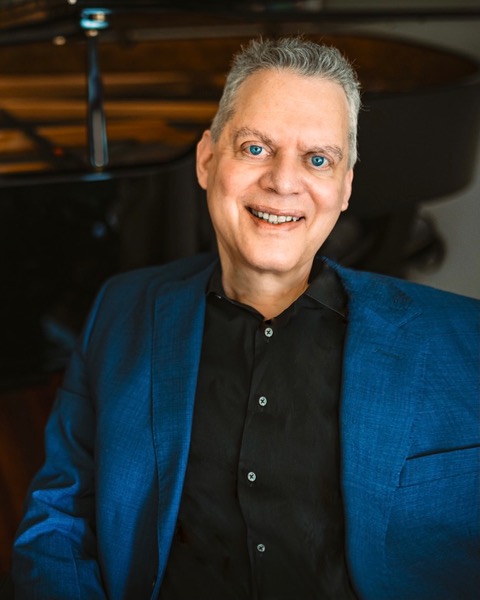 I did a little math this morning and realized that I am celebrating the fortieth anniversary of my professional debut this week. It’s a saga, of course. When I got out of college I was 20 years old and living with my parents, trying to figure out what my next move would be. Yale had not been a pleasurable experience and I was unspeakably happy to be out of New Haven. One day in September of ’72 I got a call from David Alden, whom I’d met through Matthew Epstein five years earlier. David was directing a production of The Barber of Seville for some company in Florida. The cast included Neil Rosenshein, Alan Titus, and a young mezzo named Frederica von Stade. David needed someone to cover a pair of two-hour rehearsals, and he called me, knowing that I would certainly have nothing else to do. I took the express bus down to the old Manhattan Theater Club on 73rd Street between 1st and 2nd Avenues, arrived early (the last time I ever did than in my career, unfortunately), and found Alan Titus in the rehearsal room. He was about 27, fresh from a tremendous success at the Celebrant in Leonard Bernstein’s “Mass” at the Kennedy Center. I looked about 12 years old. Alan said, “Would you mind running the ‘Largo’ with me before everyone gets here?” No problem. I’d been playing that aria for some time–it was something Matthew Epstein used to sing when he was a baritone, on his sojourn from bass-baritone to tenor to King of the Opera World.
I did a little math this morning and realized that I am celebrating the fortieth anniversary of my professional debut this week. It’s a saga, of course. When I got out of college I was 20 years old and living with my parents, trying to figure out what my next move would be. Yale had not been a pleasurable experience and I was unspeakably happy to be out of New Haven. One day in September of ’72 I got a call from David Alden, whom I’d met through Matthew Epstein five years earlier. David was directing a production of The Barber of Seville for some company in Florida. The cast included Neil Rosenshein, Alan Titus, and a young mezzo named Frederica von Stade. David needed someone to cover a pair of two-hour rehearsals, and he called me, knowing that I would certainly have nothing else to do. I took the express bus down to the old Manhattan Theater Club on 73rd Street between 1st and 2nd Avenues, arrived early (the last time I ever did than in my career, unfortunately), and found Alan Titus in the rehearsal room. He was about 27, fresh from a tremendous success at the Celebrant in Leonard Bernstein’s “Mass” at the Kennedy Center. I looked about 12 years old. Alan said, “Would you mind running the ‘Largo’ with me before everyone gets here?” No problem. I’d been playing that aria for some time–it was something Matthew Epstein used to sing when he was a baritone, on his sojourn from bass-baritone to tenor to King of the Opera World.
So I whipped through “Largo al factotum,” probably at breakneck speed, and Alan said, “You’re great. Hey, I have a recital next February. Want to be my pianist for it?” And thus began my career. A few months earlier I’d been turned down by Yale Music School with a truly memorable quote: “Mr. Blier, you will never play the piano anywhere, with the lid up or the lid down, except perhaps for your children.” But it now seemed I was officially enrolled in some version of University Without Walls.
The recital was in February of 1973, under the auspices of Community Concerts. Alan sang Tosti, Chausson, “Simple Song” from “Mass,” and group of Russian folk songs in which he accompanied himself on the guitar to end the show. I wore my father’s white tie and tails and a pair of suspenders which almost did me in–they felt like a straitjacket, but my father insisted. I remember throwing them off my shoulders in a fit of temper at the end of the show, and then having to get myself back onstage really fast for the encore. I wasn’t mentioned in the review, as I recall, thus beginning a long career that alternated anonymity with notoriousness, and occasional renown. Alan was a complex colleague, but on a whim he gave me my first break and I shall always be grateful to him.


0 Comments